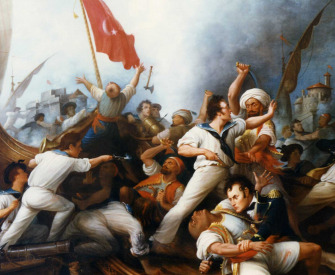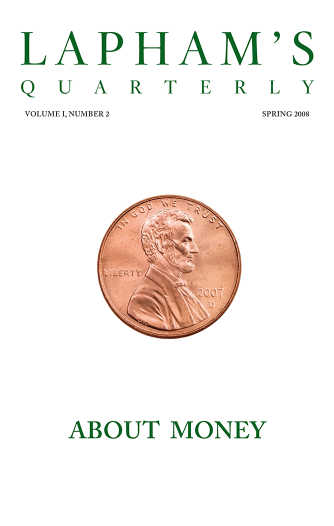In earlier times the empire disintegrated and fell into disorder, and no one was capable of unifying it. Thereupon the various feudal lords rose to power. In their discourses they all praised the past in order to disparage the present and embellished empty words to confuse the truth. Everyone cherished his own favorite school of learning and criticized what had been instituted by the authorities. But at present Your Majesty possesses a unified empire, has regulated the distinctions of black and white, and has firmly established for yourself a position of sole supremacy. And yet these independent schools, joining with each other, criticize the codes of laws and instructions. They seek a reputation by discrediting their sovereign; they appear superior by expressing contrary views, and they lead the lowly multitude in the spreading of slander. If such license is not prohibited, the sovereign power will decline above and partisan factions will form below. It would be well to prohibit this.
Your servant suggests that all books in the imperial archives, save the memoirs of Qin, be burned. All persons in the empire—except members of the Academy of Learned Scholars—in possession of the Classic of Odes, the Classic of Documents, and discourses of the hundred philosophers should take them to the local governors and have them indiscriminately burned. Those who dare to talk to each other about the Odes and Documents should be executed and their bodies exposed in the marketplace. Anyone referring to the past to criticize the present should, together with all members of his family, be put to death. Officials who fail to report cases that have come under attention are equally guilty. After thirty days from the time of issuing the decree, those who have not destroyed their books are to be branded and sent to build the Great Wall. Books not to be destroyed will be those on medicine and pharmacy, divination by the turtle and milfoil, and agriculture and arboriculture.
© 1999 by Columbia University Press. Used with permission of Columbia University Press.
From a memorandum recorded by Sima Qian in his Historical Records. Li Si came to the state of Qin in 247 bc, inaugurating nearly forty years of service to Zhao Zheng, who became First Exalted Emperor of the Qin dynasty in 221 bc. As the prime minister, Li Si was involved in the initial construction of the Great Wall, creating a unified writing system, and eliminating dissent. One year after the burning of the books, 460 scholars were killed to further purify the realm of thought.
Back to Issue



